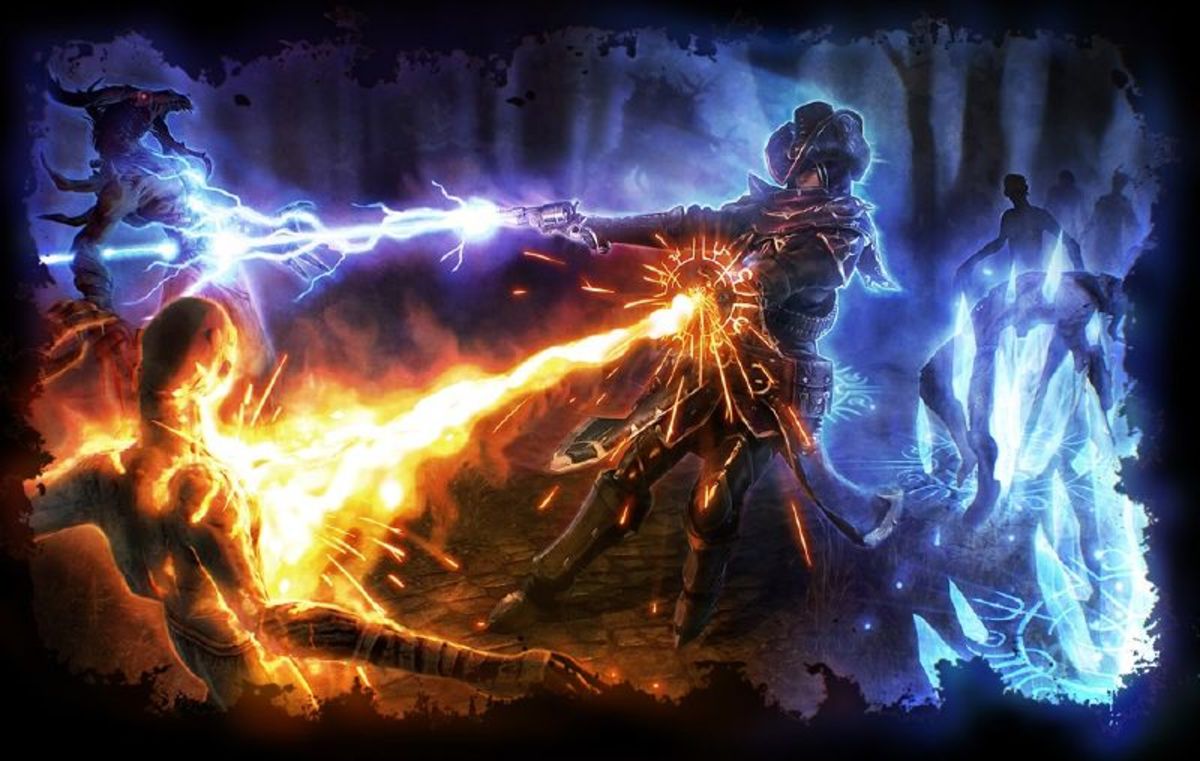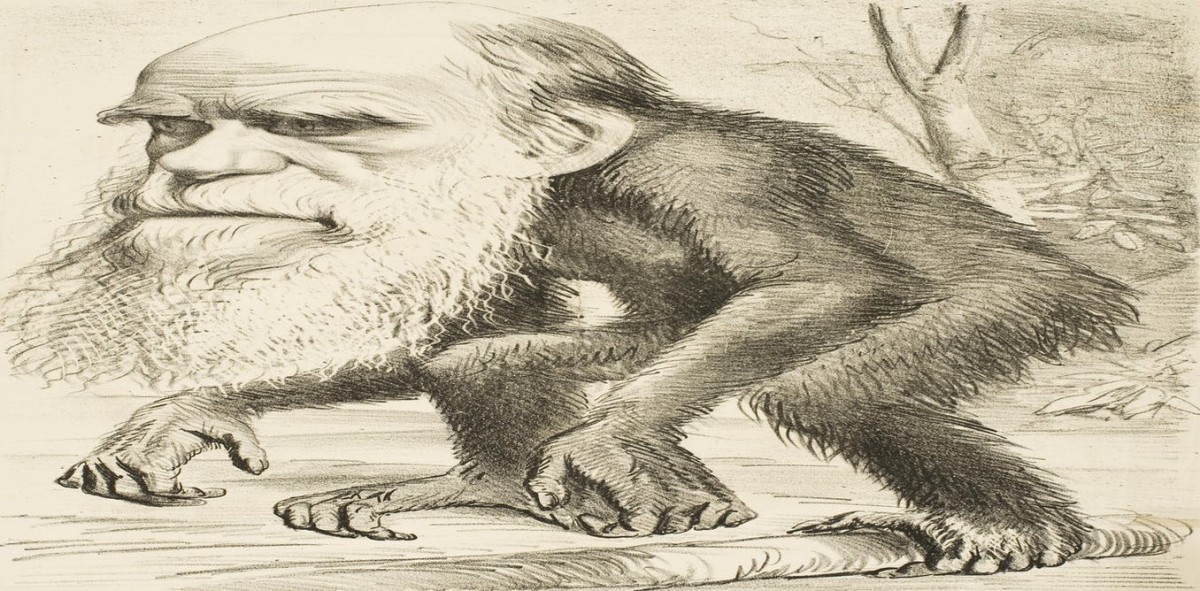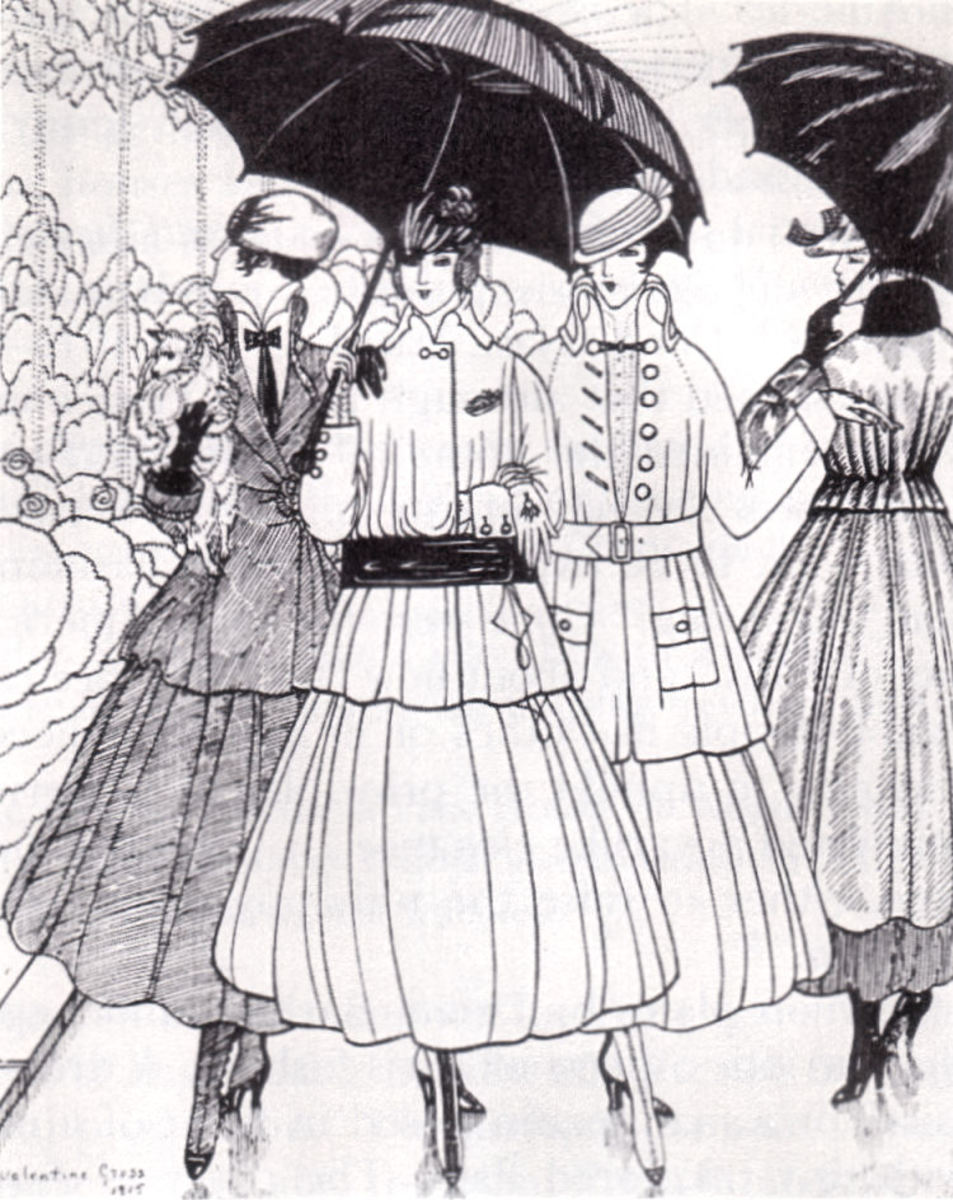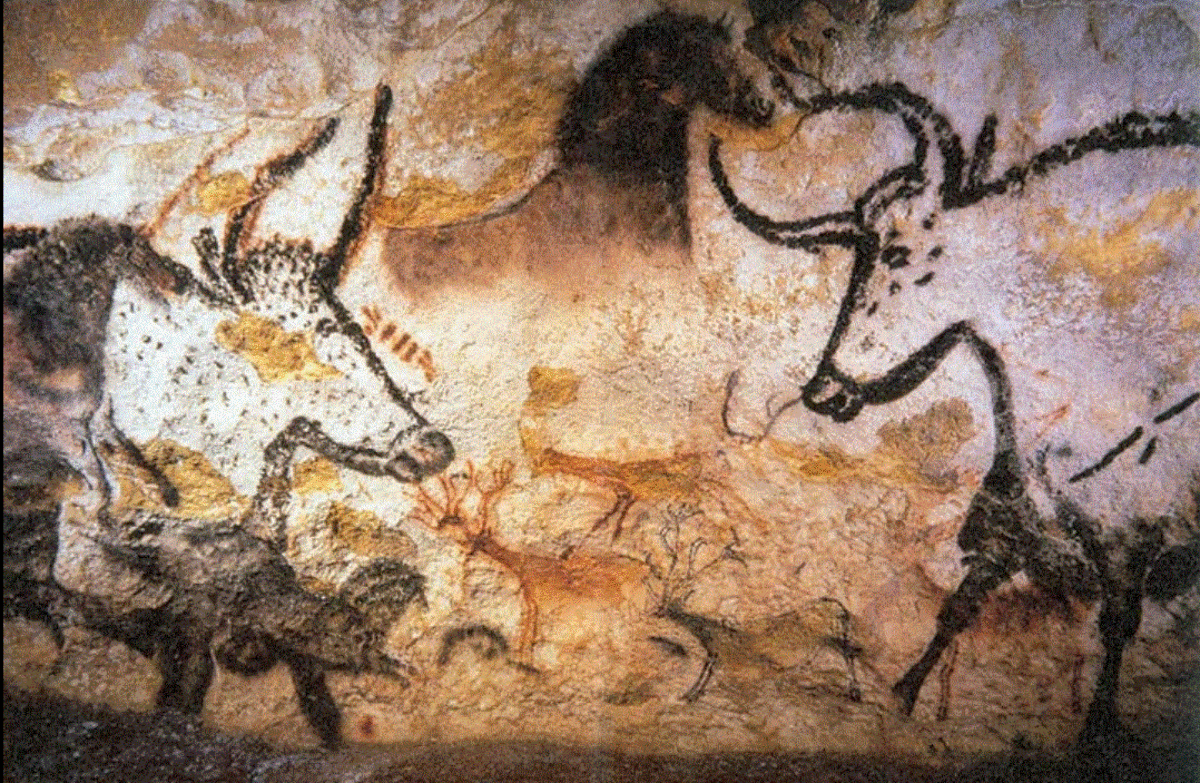What does it mean to be human?
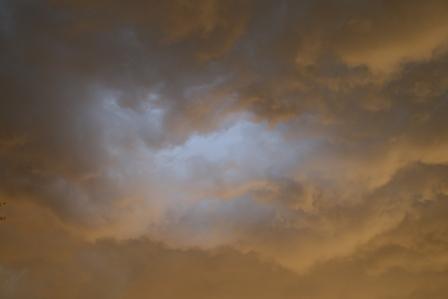
Awe and wonder
This evening, a few days into 2010, I walked out into our little garden just before we shared our evening meal as a family. I looked up at the northern sky and saw towering thunderhead clouds glowing brightly white at their upper edges with dark silvery-grey undersides. They looked majestic and awe-inspiring.
When I thought too that they are masses of water vapour, and that the colours, which caused me so much pleasure, are the result of light, the bright sunlight that we in Africa are so blessed with, I did not feel any less wonder at the beauty of it all.
And I felt a sense of joy, a sense of the delight of being a human being who is able to see and reflect on such wonders as nature, as the whole of, for want of a better word, creation. For we are a remarkable species, a fantastic product of millennia of slow development from very simple life forms to the highly complex, relational beings we are now. What an incredible story that is, a story of the grandeur and munificence of nature. Whether or not we are at the peak of the evolutionary process is difficult to determine, but my guess is not. How the evolution of our species will continue, or whether we will maybe become extinct in the next many millennia, to be replaced by a more successfully adapted species only the future will be able to tell.
What makes us as humans so different from the species who share our world is mainly that we are able to reflect on these things and to relate to others in ways other than simply to reproduce to ensure the continuation of our species. We can relate to others in terms of how we see ourselves in the world, and indeed, in the universe. We can be overcome by the beauty of clouds in the sky, a newly-bloomed rose or the cry of a new-born baby. We can be overcome by sorrow bordering on despair at the capricious way nature behaves at times, to be rather anthropomorphic about it. We can rail against injustice and work for peace and freedom, not only for ourselves, but for others. We have within us the possibility of altruism, of selflessness, of caring for the next person more than we do for ourselves.
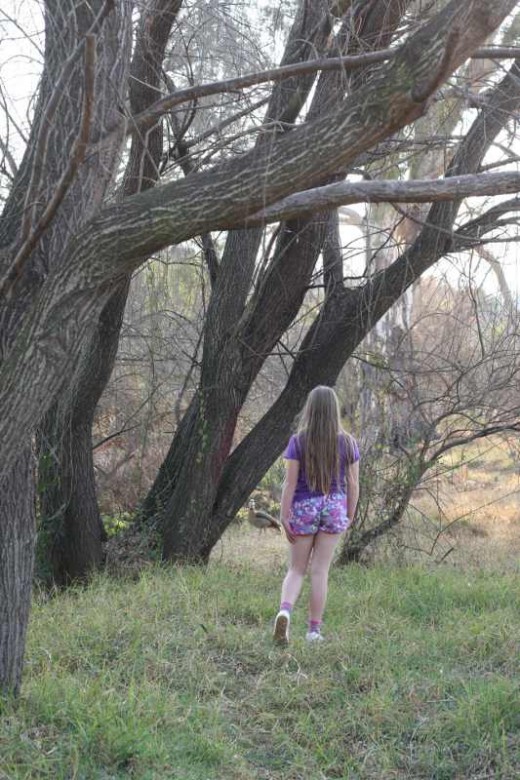

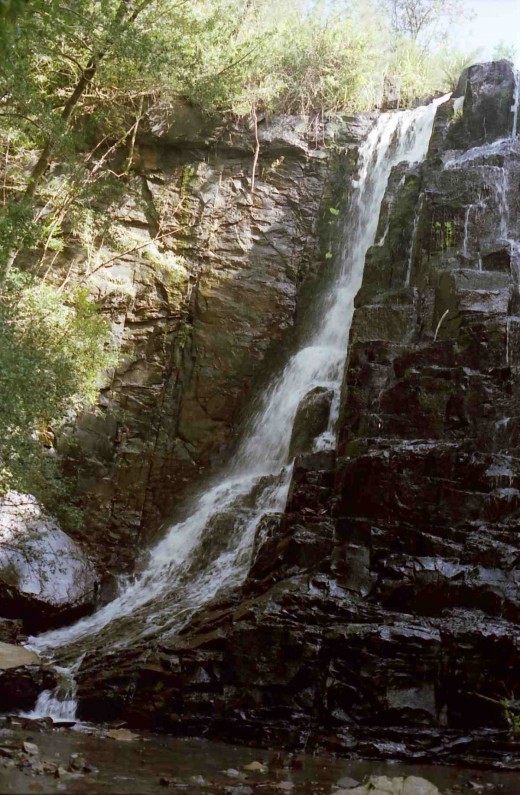
Science and ambivalence
As science probes ever deeper into life and its origins we become more and more aware of the incredible complexity and beauty of life. This happens on the psychological level as psychology and psychiatry find out more and more about our minds, the role of consciousness and emotions, so that we can have more and more awareness of the processes that go on in each one of us, processes that produce great ideas, great music, great art, but also love and caring, sadness at loss and joy in new life.
Of course, that same science has produced factories belching suffocating clouds of pollution, the means of bringing death to thousands and even millions in ways completely unthought of in previous centuries. The same science devised the means to turn killing into a conveyor-belt process, and to put weapons of incredible efficiency into the hands of anyone who wanted to have one.
Science, like almost everything else in human life, is morally ambivalent Beauty without cruelty is almost a pipe-dream, a chimera.
And this ambivalence touches on every aspect of human life. The lovely gold ring placed so reverentially on a person's finger in the marriage ceremony is made of material dug in appallingly dangerous conditions by underpaid men (and now, increasingly, women) who hour by hour, day by day, risk their very lives to blast out the gold-bearing ore from kilometres underground.
The wine we use to toast the newly-weds at the wedding has been made from grapes grown on a farm where the farm workers are paid a pittance and often only find relief in drinking the produce of their labour so that their children are born with foetal alcohol syndrome, with no possibility of a future any better than that of their parents.
The simple fact that we can write and read this article is made possible by millions toiling in unrewarded ways to make the paper we might print this out on, or the electricity that powers the computer we read this on, that drives the air-conditioning unit that keeps us comfortable, and so one can go on.
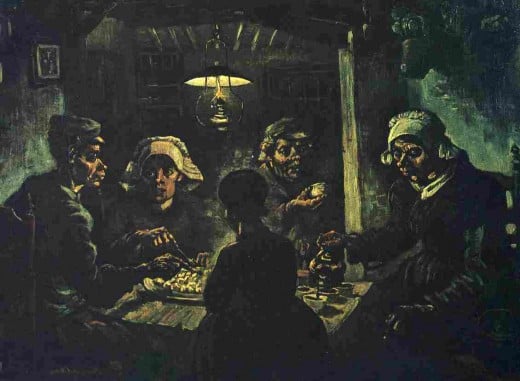
- To Taste Life
Sometimes I realize, when I'm driving often, that I'm focusing too much on what's before me. Because, you see, what's before me isn't really what's before me. For instance, like when I'm driving, there are...
Executioner or victim?
As great writer Albert Camus once said, we are all faced with the choice, moment by moment, of choosing to side either with the executioner or the victim. To be human is to choose to side with the victim. However, as he also pointed out, it is not always that clear who the executioner is or who the victim is. But we have to choose. That is what defines our humanity.
Artist Vincent van Gogh was also acutely aware of the moral dilemma of being human, and especially of practising something like painting in the face of the hardship faced by the ordinary people. In one of his many letters to his brother Theo he wrote, “I want to do drawings which touch some people.... In either figure or landscape I should wish to express, not sentimental melancholy, but serious sorrow....I want to progress so far that people will say of my work, he feels deeply, he feels tenderly...”
He did indeed feel deeply and tenderly. So much so that he in the end could not face the ugly reality of the world, a world of exploitation and poverty.
Now his paintings are bought and sold for millions. What else could those millions do other than decorate a rich person's house? Vincent I am sure would be distraught.
A musical example can be found in the blues. The blues arose in the deep south of the United States among the black slaves working the cotton plantations. They expressed some of their agony in their “field hollers” and these in turn evolved into the 12 or 16 bar musical form we now know as the blues. The blues were expressions of the hardship of slave life by largely untaught people who really had no other way of expressing their agony. What happened next was that white musicians took up the blues forms, dressed them up pretty, and made millions!
No easy walk
"When differences of belief and religion-based culture are the ultimate source of conflict, the real war that needs to be fought is the war of ideas. Believed-in faeries should be kept at home as an entirely private matter, and their votaries encouraged to cease taking themselves so seriously that, when irritated by those who differ, they resort to Kalashnikovs. Apart from anything else, such reactions speak little confidence in their own violently-held certainties." - A.C. Greyling, The Reason of Things, 2002.
Even religion, which one would have thought, logically, would be less morally ambivalent, turns out to have some serious issues too. Saints were involved in the massacres of thousands. Hindus killed Moslems, Moslems killed Christians, Christians killed Jews, Catholics killed Protestants and Protestants killed Catholics, and so it has gone on down the centuries. So much so that the real message of the religious founders have become distorted into grotesque Halloween masks of the original. No-one captured this more beautifully, more movingly, than Fyodor Mikhailovich Dostoevsky in his 1879 novel The Brothers Karamazov, in the famous story of “The Grand Inquisitor”, contained in Chapter 5. In this story Jesus comes back to earth: “He came down to the 'hot pavements' of the southern town in which on the day before almost a hundred heretics had, ad majorem gloriam Dei , been burnt by the cardinal, the Grand Inquisitor, in a magnificent auto da fe , in the presence of the king, the court, the knights, the cardinals, the most charming ladies of the court, and the whole population of Seville.” But the Grand Inquisitor does not welcome Jesus. Instead he sees Jesus as a threat because the message of Jesus would upset the people. So Jesus is brought before the cardinal, the Grand Inquisitor, who makes a long speech to Jesus, ending with these ominous words: “I repeat, to-morrow Thou shalt see that obedient flock who at a sign from me will hasten to heap up the hot cinders about the pile on which I shall burn Thee for coming to hinder us. For if anyone has ever deserved our fires, it is Thou. To-morrow I shall burn Thee. Dixi.”
So Jesus is to be burnt at the stake like a “heretic.” The story ends like this: “When the Inquisitor ceased speaking he waited some time for his Prisoner to answer him. His silence weighed down upon him. He saw that the Prisoner had listened intently all the time, looking gently in his face and evidently not wishing to reply. The old man longed for him to say something, however bitter and terrible. But He suddenly approached the old man in silence and softly kissed him on his bloodless aged lips. That was all his answer.”
What a profoundly human action – to kiss someone, and even that is not without irony. In the Bible story Jesus was betrayed by a kiss. Here he saves by a kiss.
For me the meaning of being human is being open to beauty and love and joy while being intensely aware of the ambivalence, and accepting that ambivalence will always be there. It's not an easy way to live, being aware all the time, living in the provisional, living with uncertainty. But it is authentic and real. Nelson Mandela said it so well: “There is no easy walk to freedom.”
Copyright Note
The text and all images on this page, unless otherwise indicated, are by Tony McGregor who hereby asserts his copyright on the material. Should you wish to use any of the text or images feel free to do so with proper attribution and, if possible, a link back to this page. Thank you.
© Tony McGregor 2010


